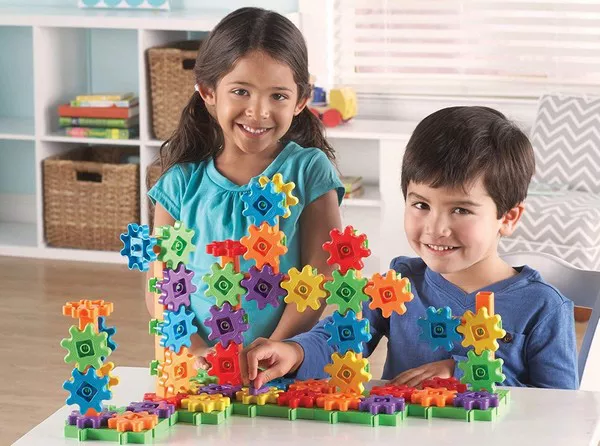In the realm of early childhood development, fostering social-emotional skills is paramount for a child’s overall well-being. The formative years provide a critical foundation for emotional intelligence and social competency. This article delves into the intricacies of social-emotional development in early childhood, offering insights and strategies to optimize these crucial aspects of a child’s growth.
Understanding the Importance of Social-Emotional Development:
Social-emotional development encompasses a child’s ability to understand and manage their own emotions, establish positive relationships, and navigate social situations effectively. Research indicates that children with well-developed social-emotional skills are not only better equipped to handle the challenges of adolescence and adulthood but also exhibit improved academic performance.
Emotional Intelligence as the Bedrock:
At the core of social-emotional development lies emotional intelligence (EI). Defined by the ability to recognize, understand, and manage one’s own emotions, as well as the ability to empathize with others, EI sets the stage for healthy social interactions. Studies show that children with high EI scores tend to have better mental health outcomes and excel in interpersonal relationships.
The Link Between Social Skills and Academic Success:
Research conducted by educational psychologists emphasizes the strong correlation between social skills and academic achievement. Children who can effectively communicate, collaborate, and resolve conflicts with peers demonstrate higher levels of engagement in the learning process, contributing to improved overall academic performance.
Parental Influence on Social-Emotional Development:
Parents play a pivotal role in shaping their child’s social-emotional skills. The early years are a crucial window of opportunity for fostering a secure attachment and laying the groundwork for healthy emotional regulation.
Building Secure Attachments:
Psychologist John Bowlby’s attachment theory underscores the importance of a secure parent-child bond. When caregivers respond consistently to a child’s needs, it forms a secure base from which the child can explore the world, fostering emotional security and resilience.
Modeling Emotional Regulation:
Children learn by example, and parents serve as primary role models. Demonstrating healthy emotional regulation, such as expressing feelings appropriately and managing stress effectively, provides a blueprint for children to emulate. This modeling contributes significantly to the development of their own emotional intelligence.
Preschool Education and Social-Emotional Learning (SEL):
Preschools serve as environments that can significantly impact a child’s social-emotional development. Incorporating Social-Emotional Learning (SEL) into early education programs lays the groundwork for lifelong emotional well-being.
Structured SEL Curricula:
Implementing structured SEL curricula in preschools has shown promising results in enhancing children’s social skills. These curricula often include activities that promote self-awareness, interpersonal communication, and conflict resolution, fostering a positive social environment.
Teacher-Child Relationships:
The quality of the relationship between teachers and students in early childhood settings is a critical factor. Research suggests that warm and supportive teacher-child relationships contribute to the development of prosocial behaviors and emotional competence in children.
Recognizing Developmental Milestones:
Understanding the typical social-emotional developmental milestones in early childhood enables parents and educators to identify potential areas for support and intervention.
Early Identification of Challenges:
Regularly monitoring a child’s social and emotional progress allows for the early identification of potential challenges. Early intervention, whether through targeted interventions or counseling services, can address issues before they escalate, promoting healthier development.
Tailoring Support to Individual Needs:
Recognizing that each child develops at their own pace, tailored support plans can be implemented based on individual needs. This personalized approach ensures that children receive the specific guidance required for optimal social-emotional growth.
Conclusion:
In conclusion, the journey of social-emotional development in early childhood is multifaceted, involving the interplay of parental influence, educational environments, and individualized support.


